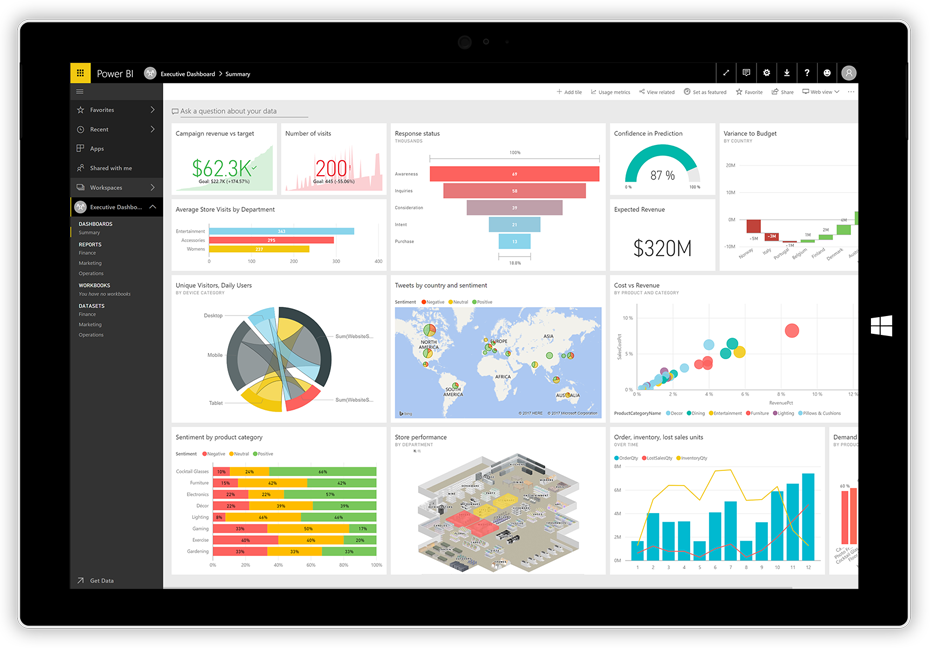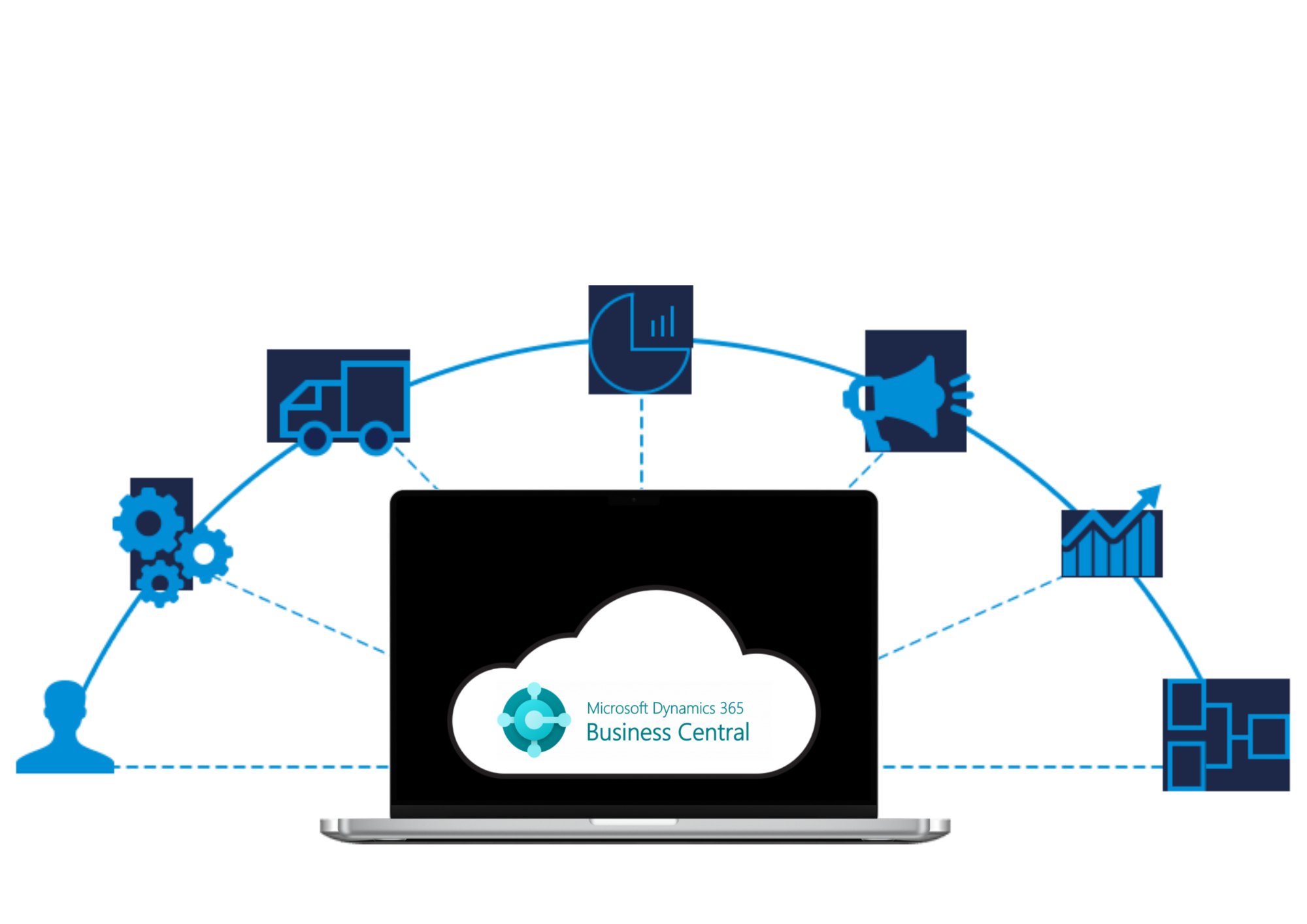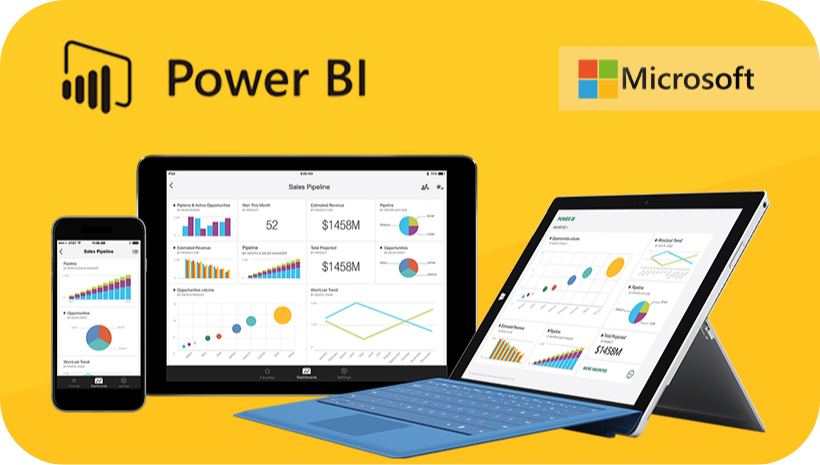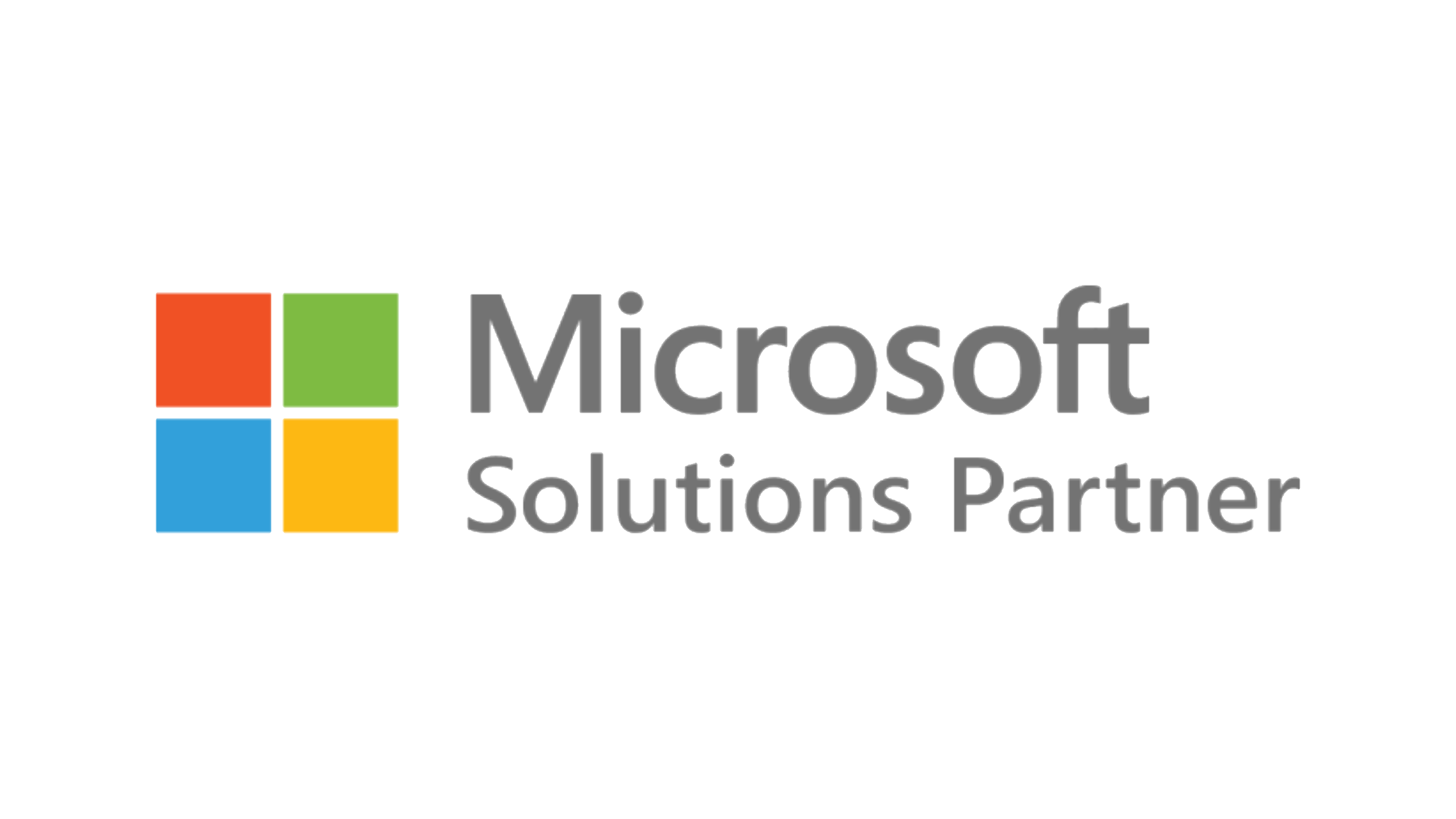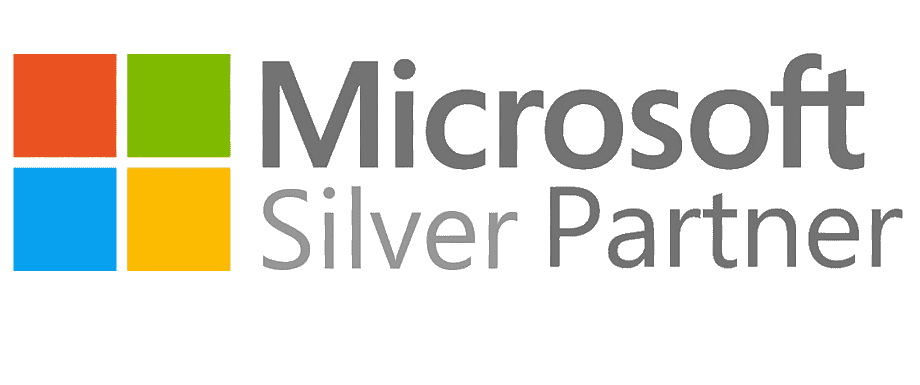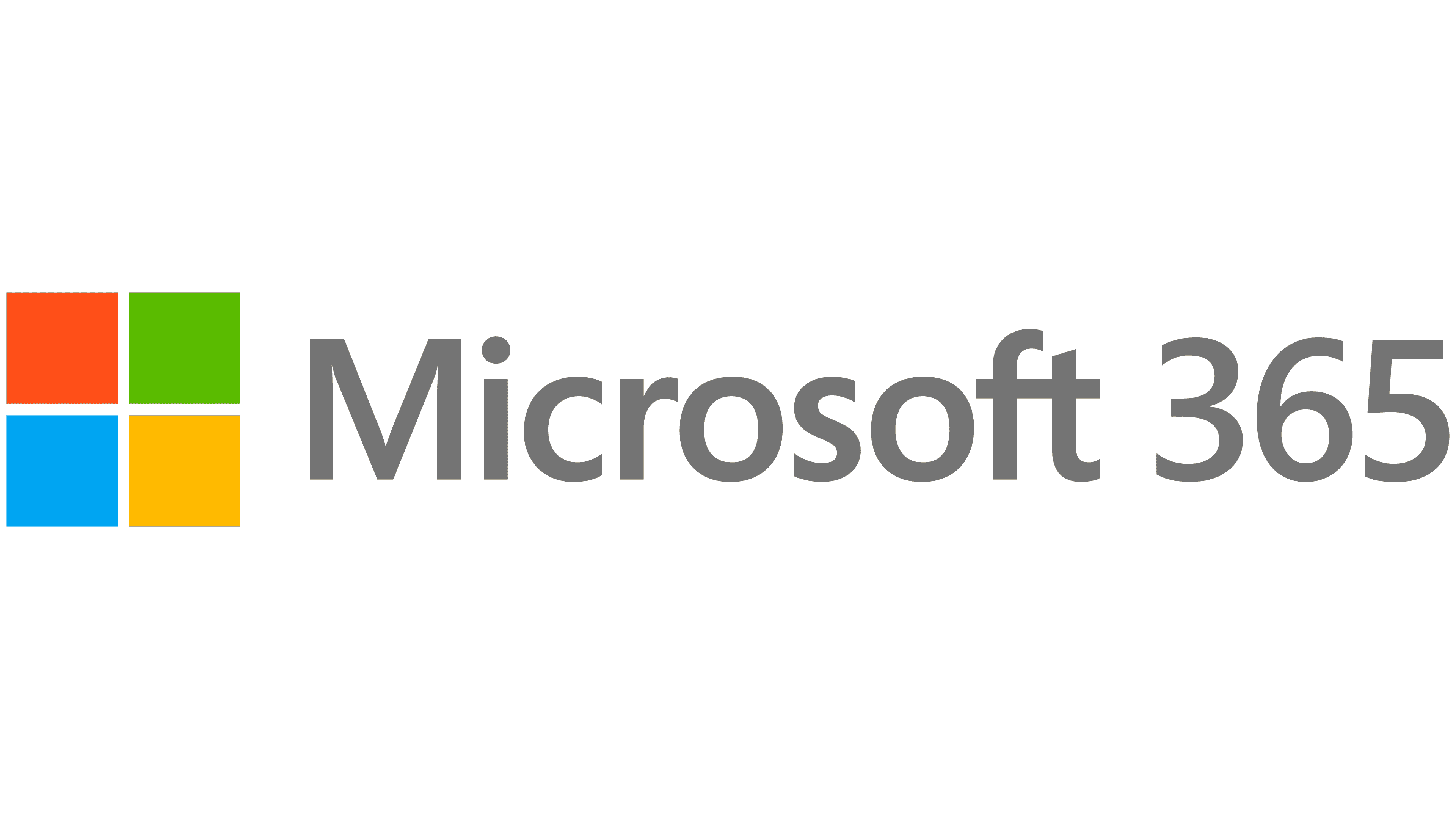We're dedicated to Dynamics 365 for Manufacturers & Distributors
Comparing Microsoft Dynamics 365 Business Central:
A Comprehensive Overview
Optimize your end-to-end operations, from order processing to post-sales customer support, with Microsoft Dynamics 365 Business Central.
Making the move to Dynamics 365 Business Central might be easier than you think
but don't just take our word for it...
NOSAK
Berger Paint
Psaltry
Comparing Microsoft Dynamics 365 Business Central
Microsoft Dynamics 365 Business Central is a comprehensive ERP solution that offers various advantages, including:
Business Central's cloud deployment option offers scalability, flexibility, and accessibility from anywhere, empowering your workforce to operate remotely and efficiently.
Its intuitive and customizable interface simplifies user adoption, reducing the learning curve. Customizable dashboards allow users to access the information they need with ease.
Business Central is designed to support various core business processes, ranging from accounting and inventory management to sales, marketing, and CRM. It provides a consolidated platform for streamlined operations.
As part of the Microsoft ecosystem, Business Central seamlessly integrates with Office 365 and Power BI. It's also compatible with various third-party solutions, ensuring smooth operations across your organization's technology stack.
Business Central's adaptability allows it to grow alongside your business. As your data volume and user demands increase, the solution remains agile and responsive to your evolving needs.
Conclusion
Microsoft Dynamics 365 Business Central emerges as a robust ERP solution, offering a well-rounded combination of functionality, user-friendliness, scalability, and cost-effectiveness. Its cloud-based deployment, comprehensive features, and integration capabilities position it as a compelling choice for organizations of varying sizes and industries. However, making an informed choice necessitates a comprehensive evaluation of your organization's unique needs, preferences, and long-term goals. Before finalizing your decision, it's essential to conduct due diligence and engage with experts who can guide you toward the optimal ERP solution for your business.



